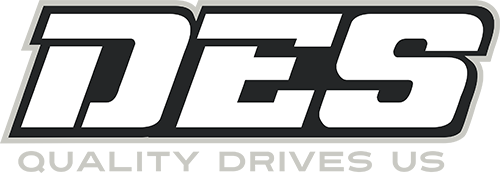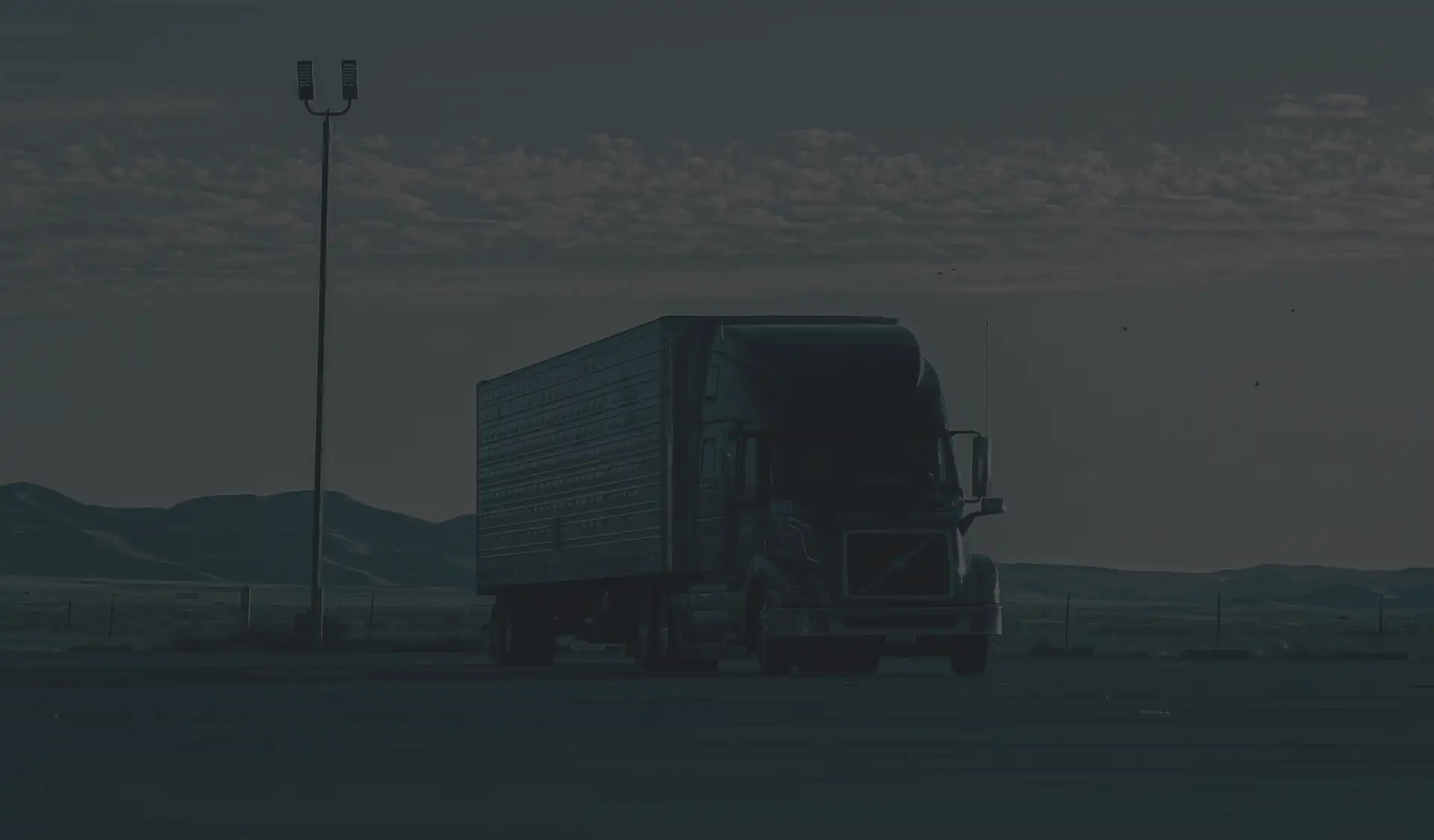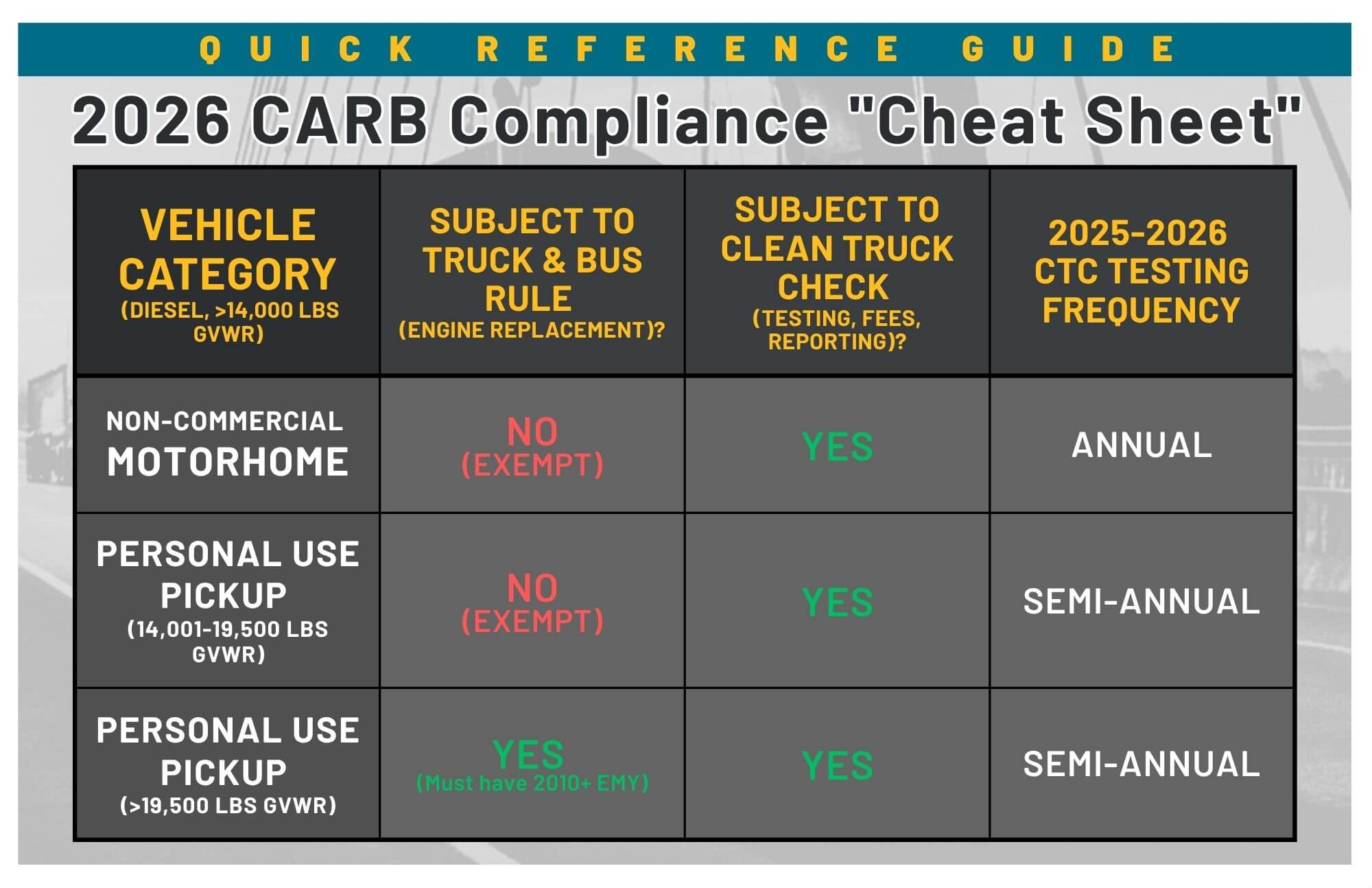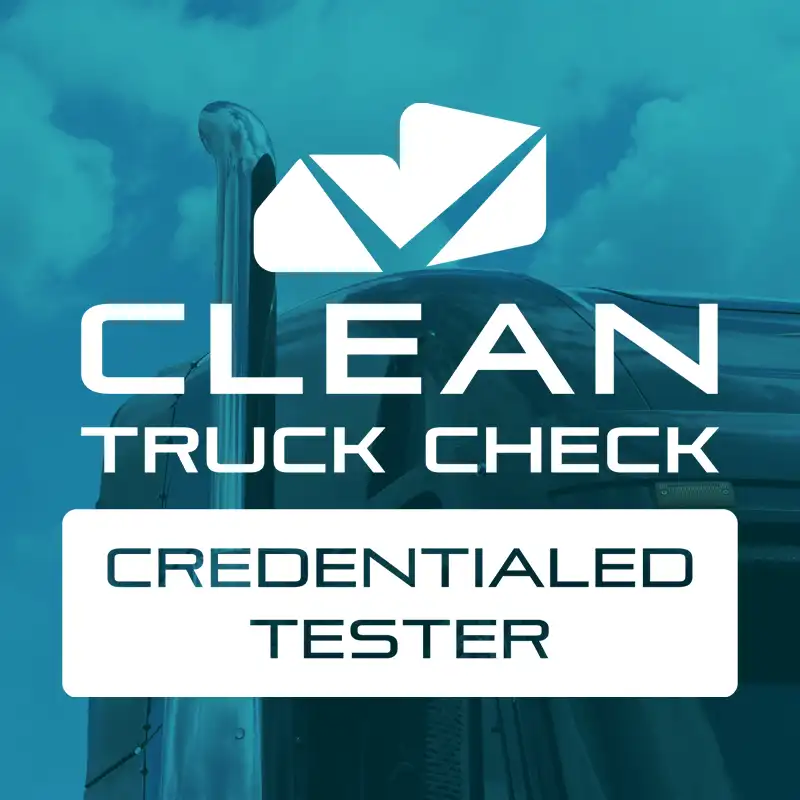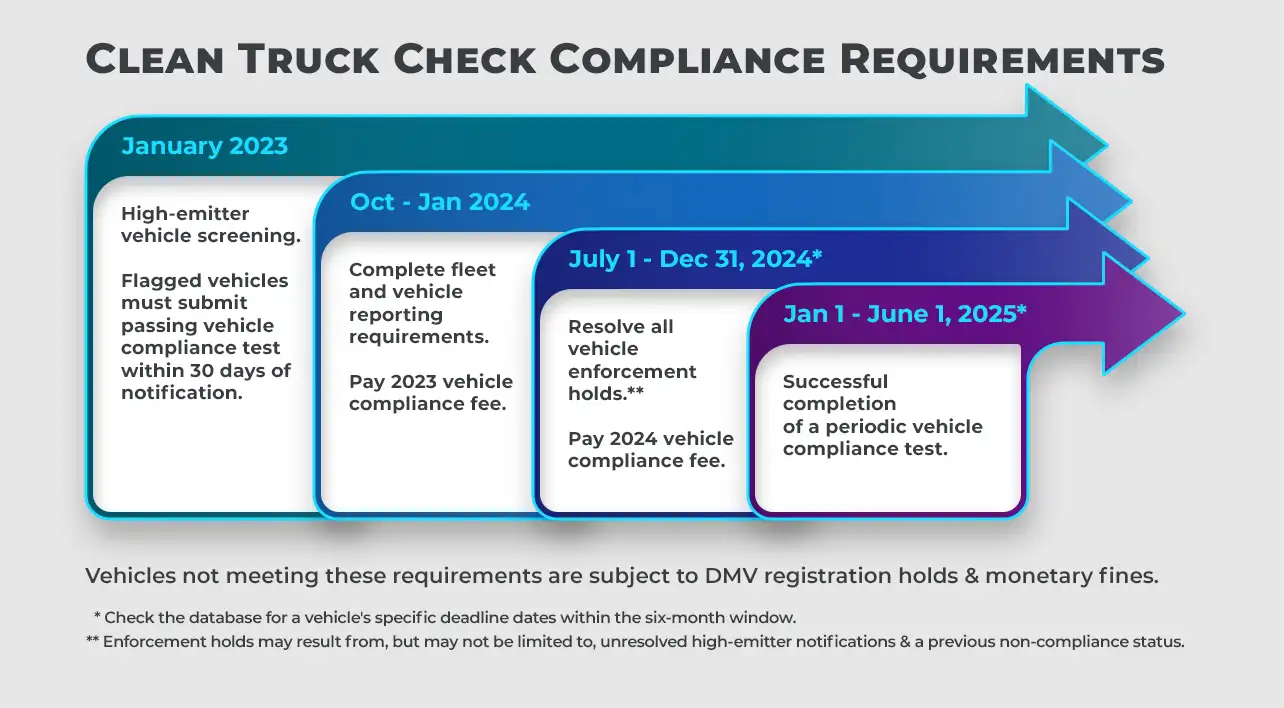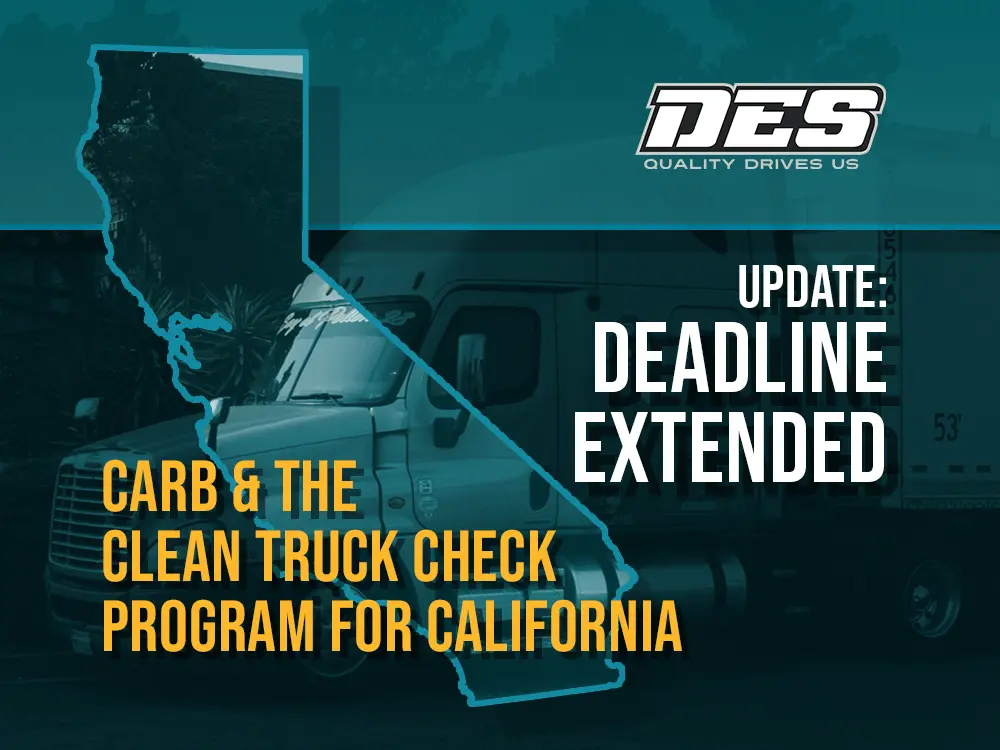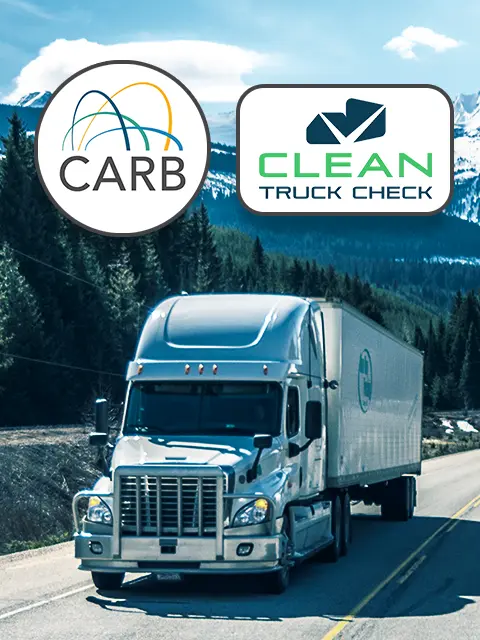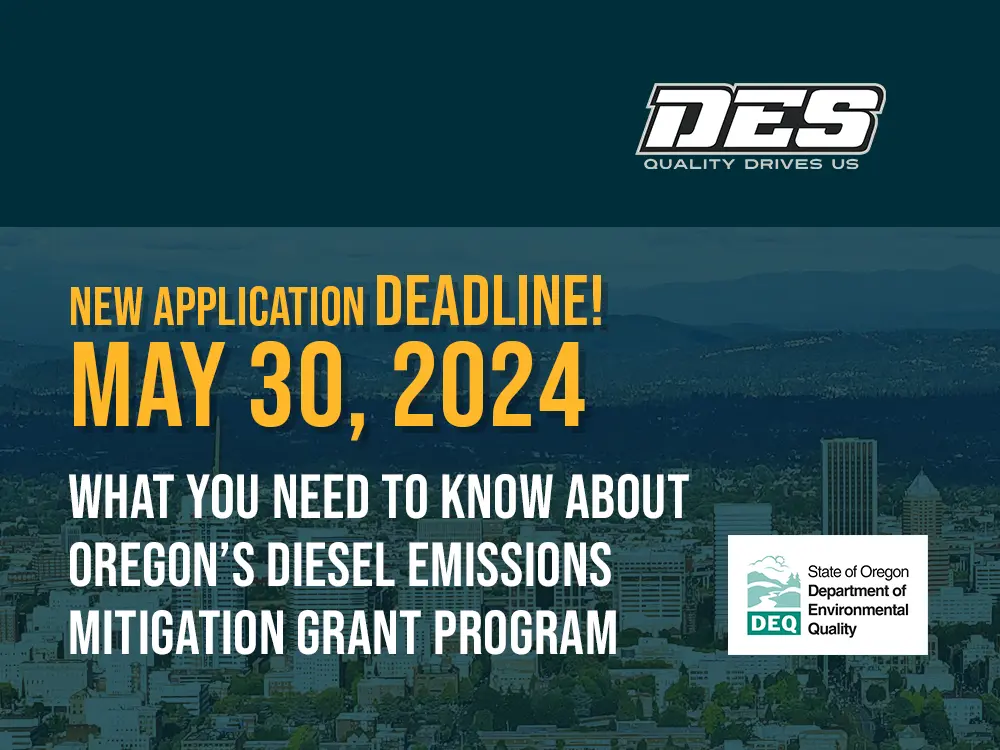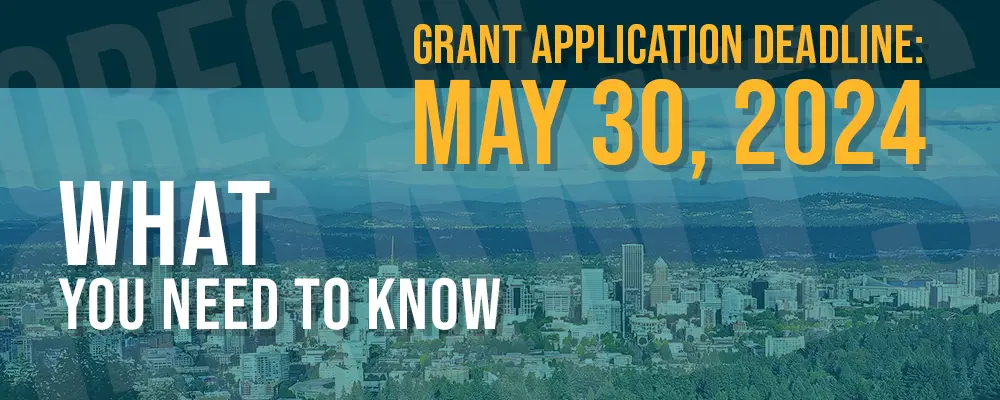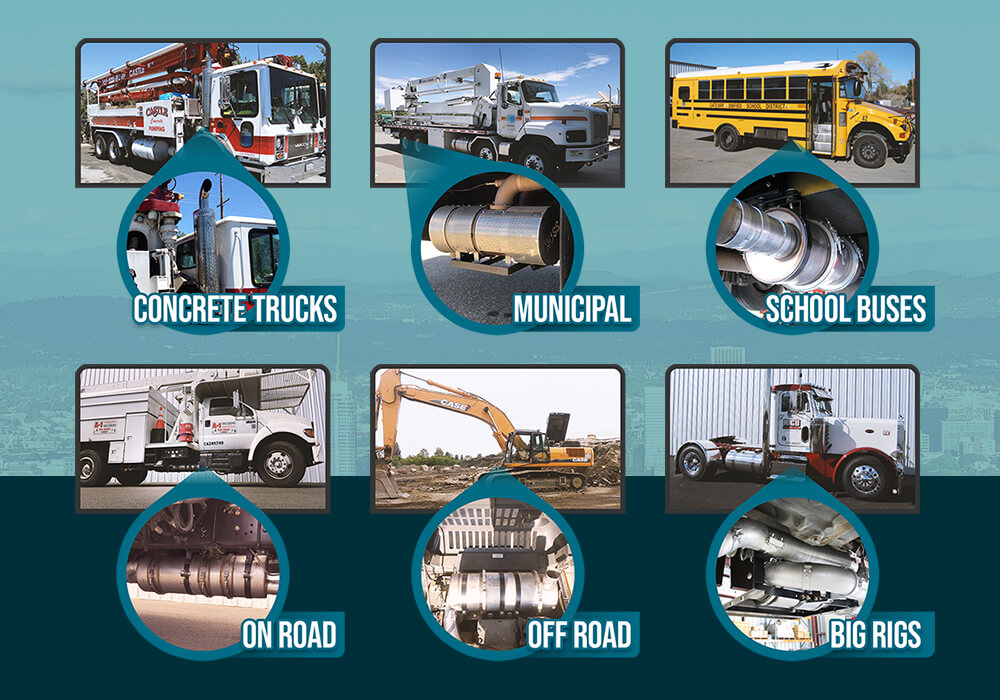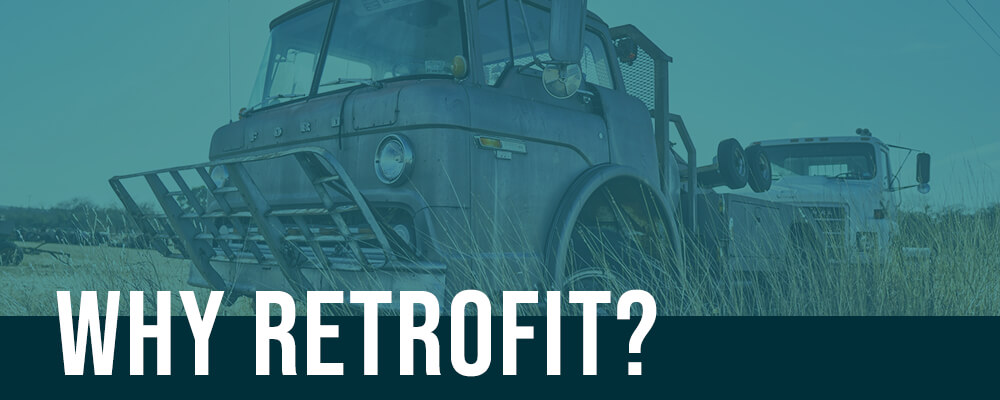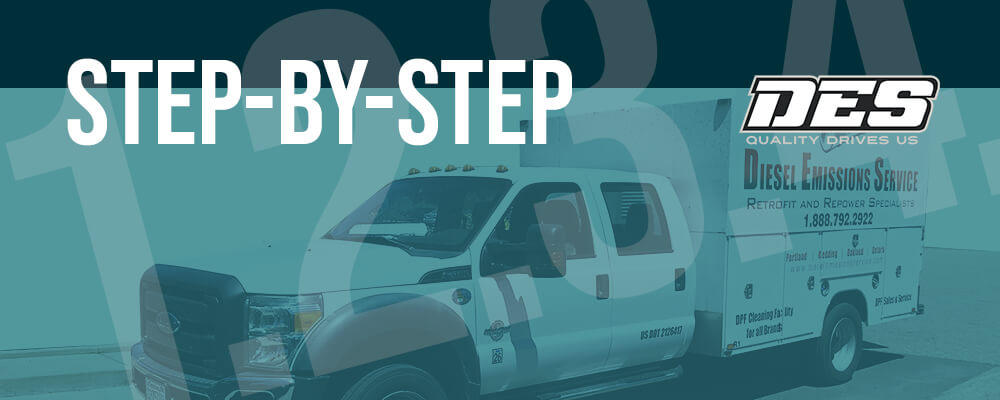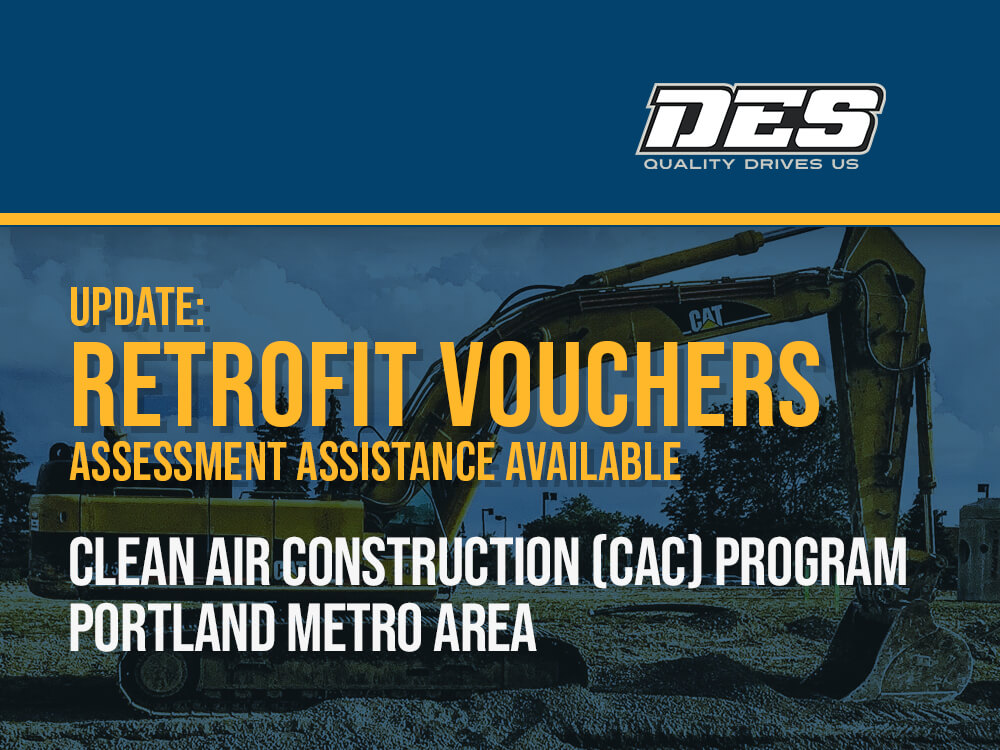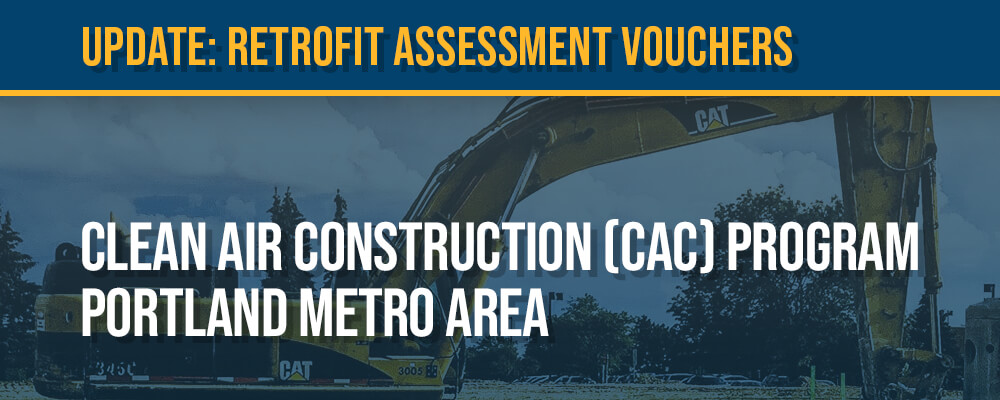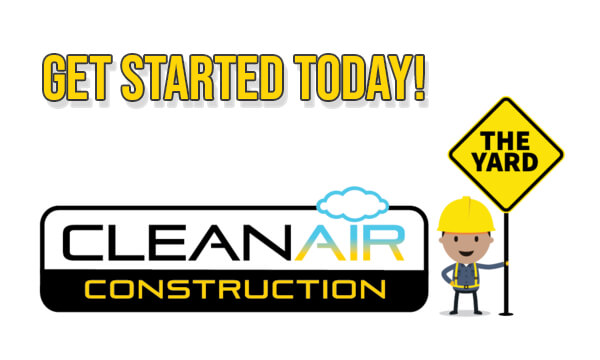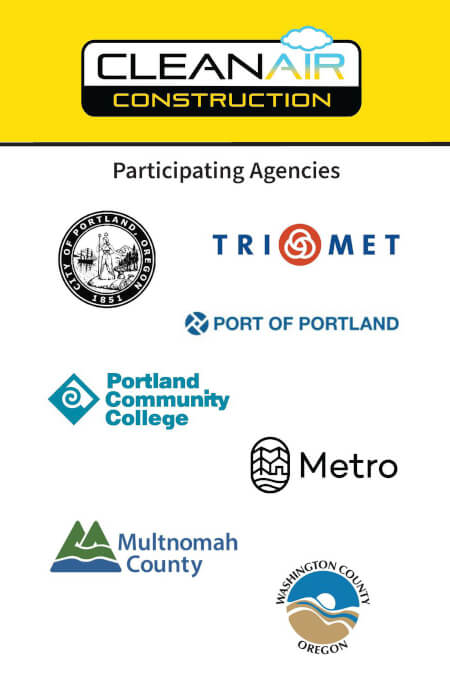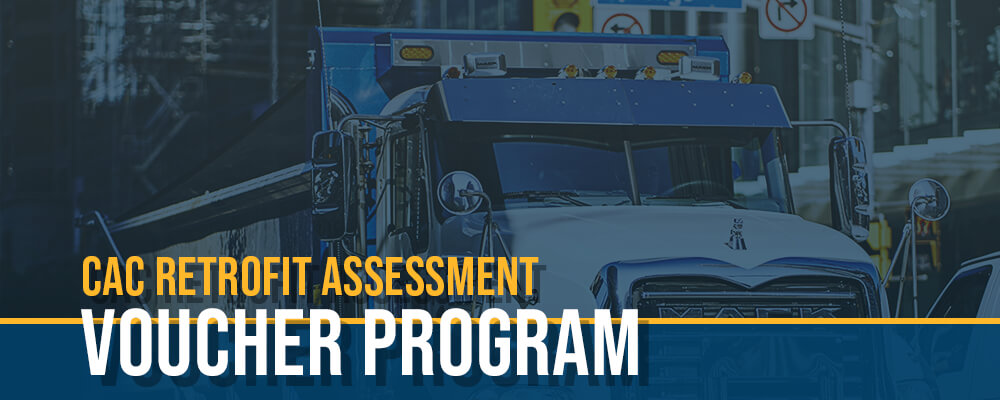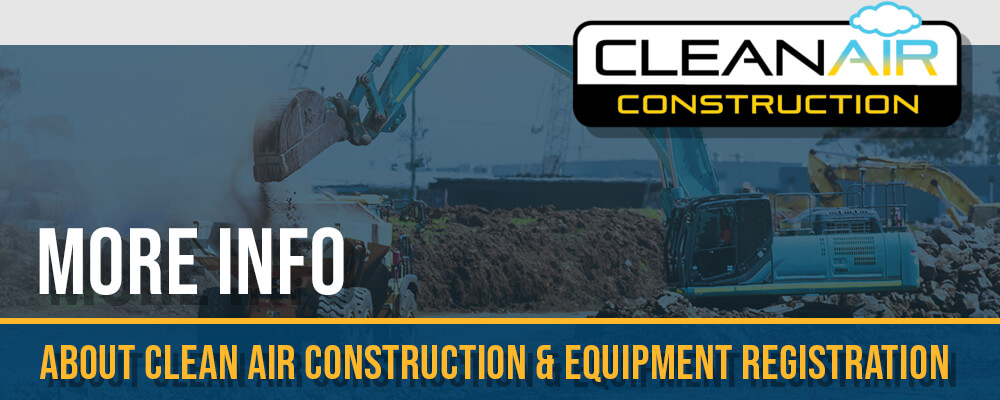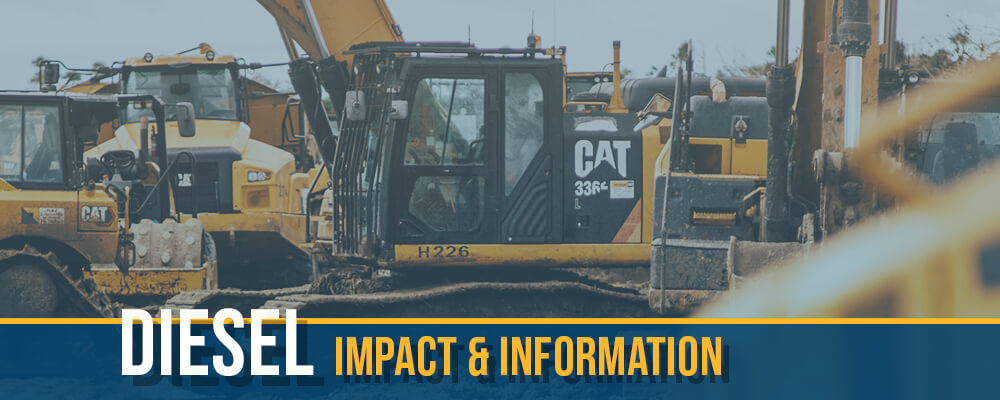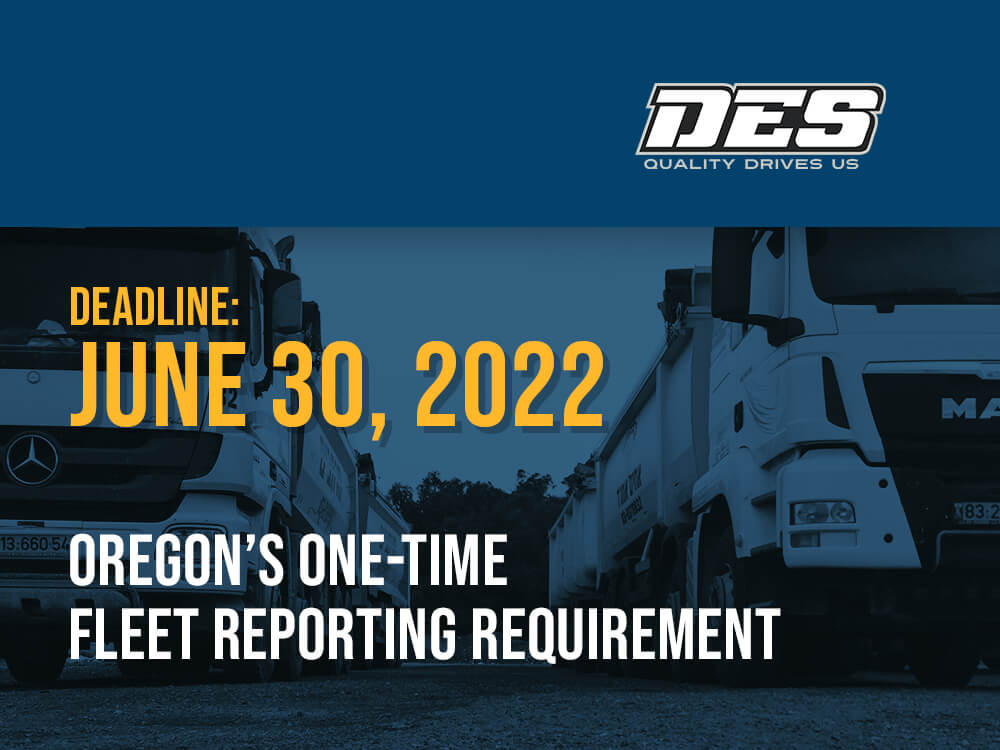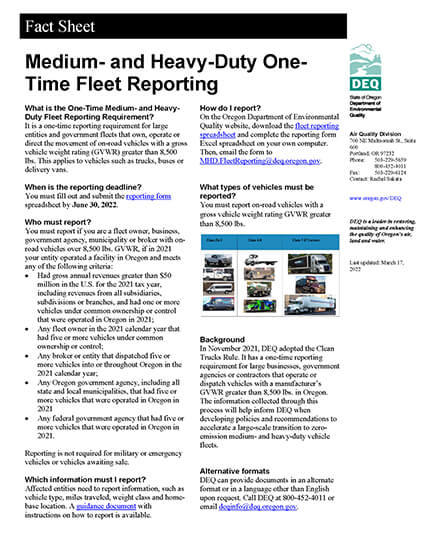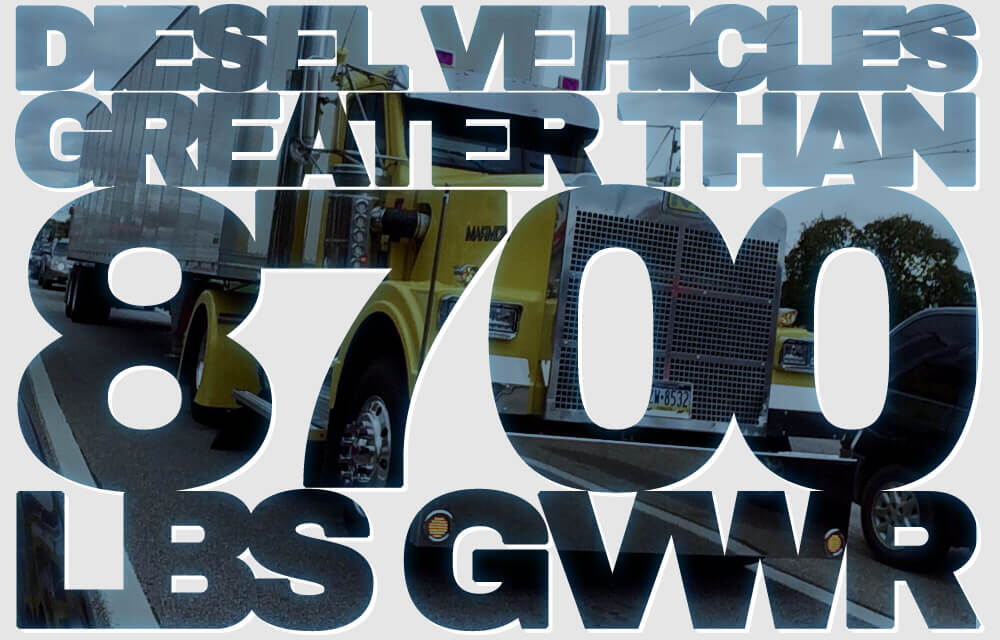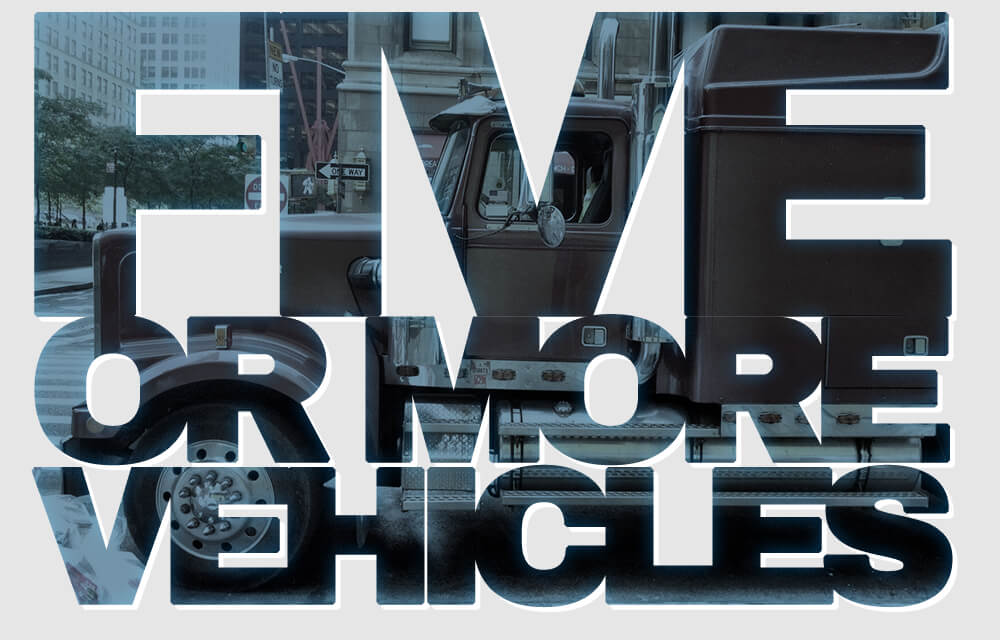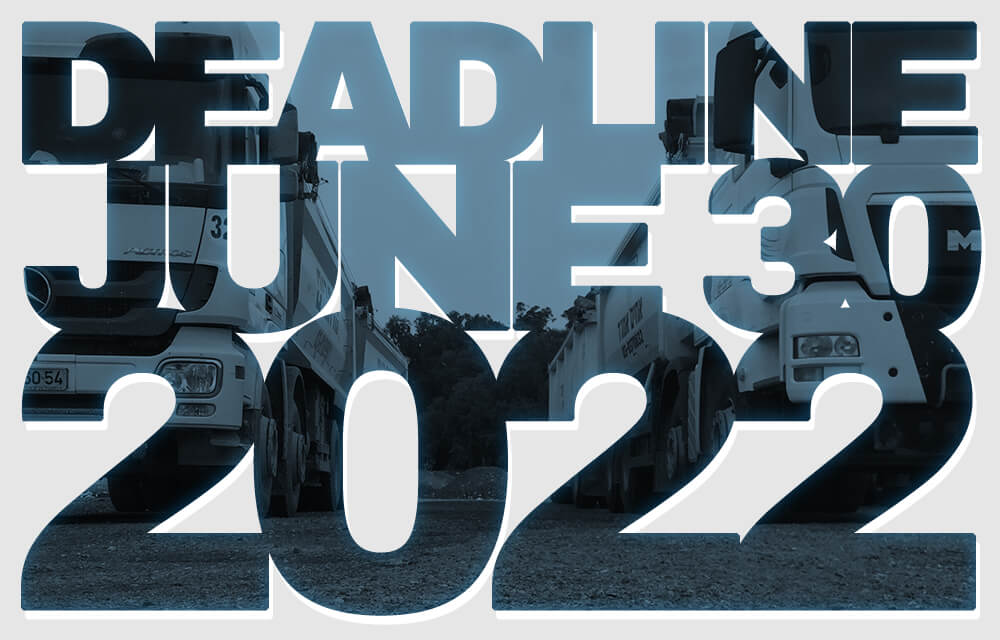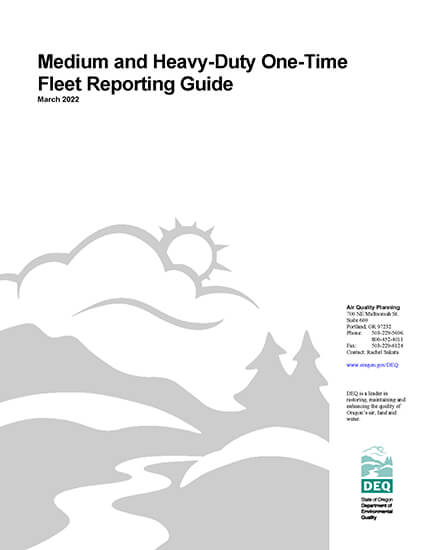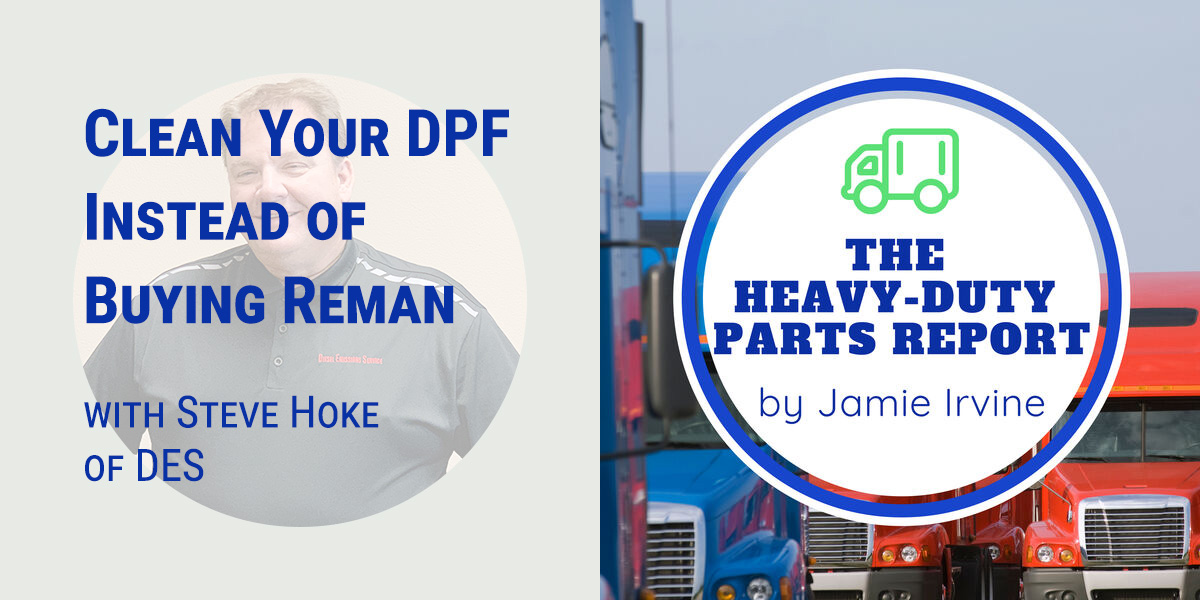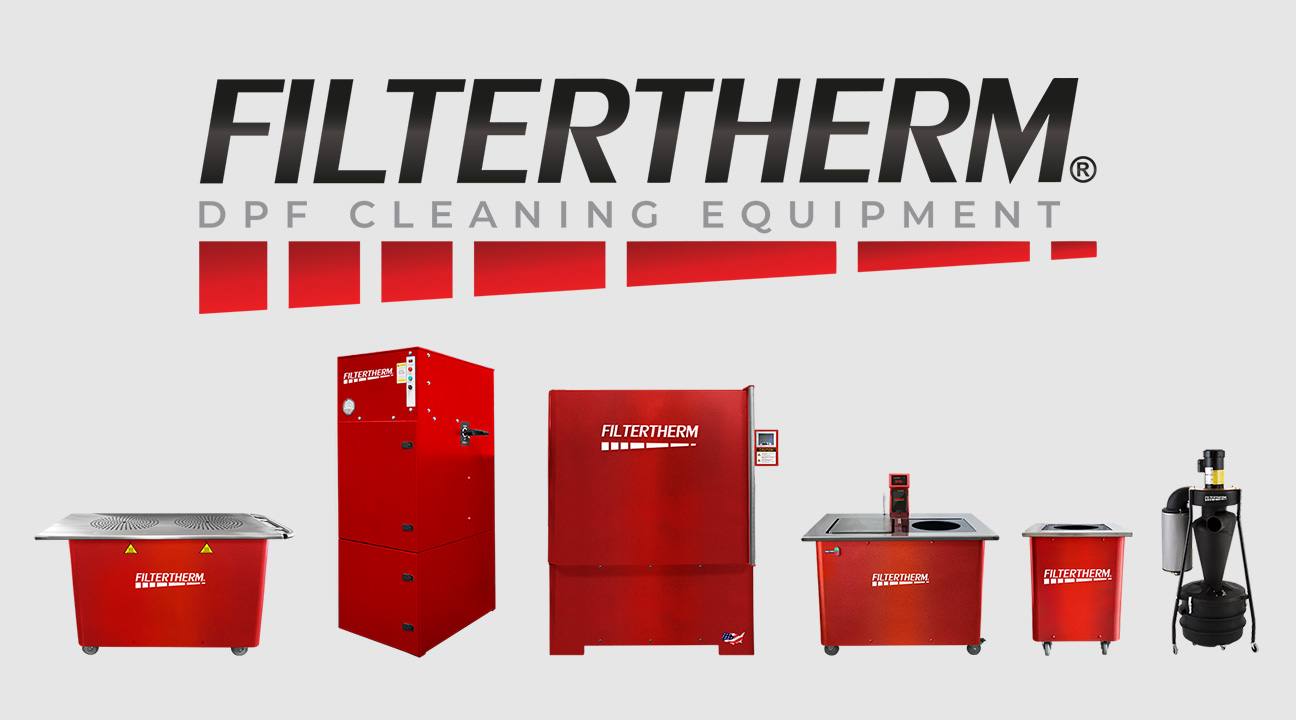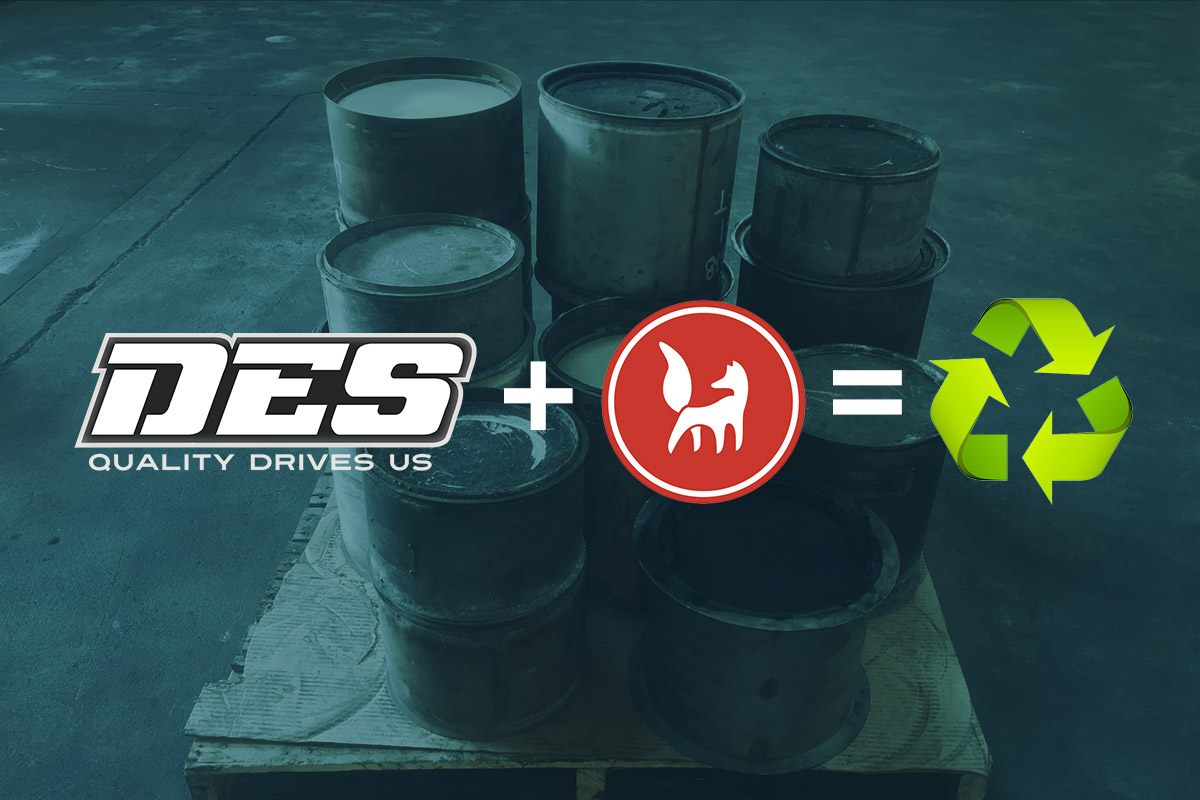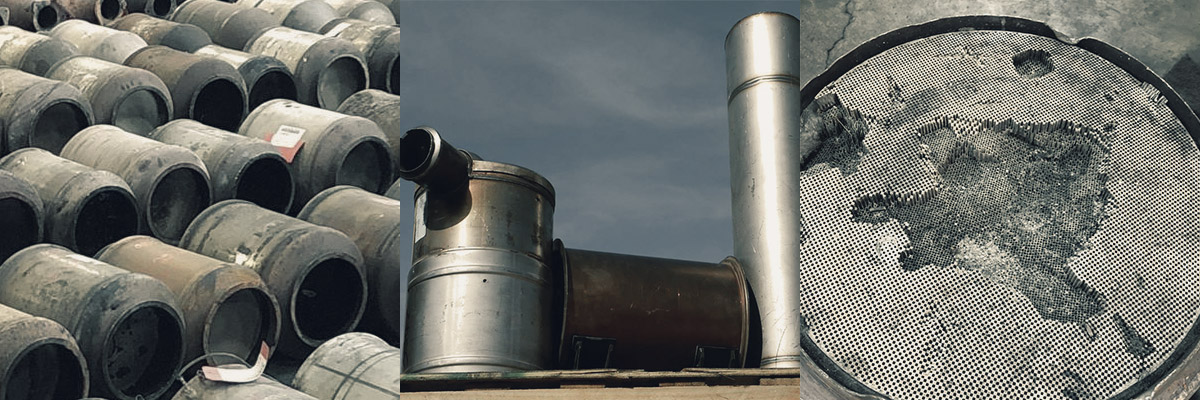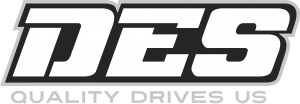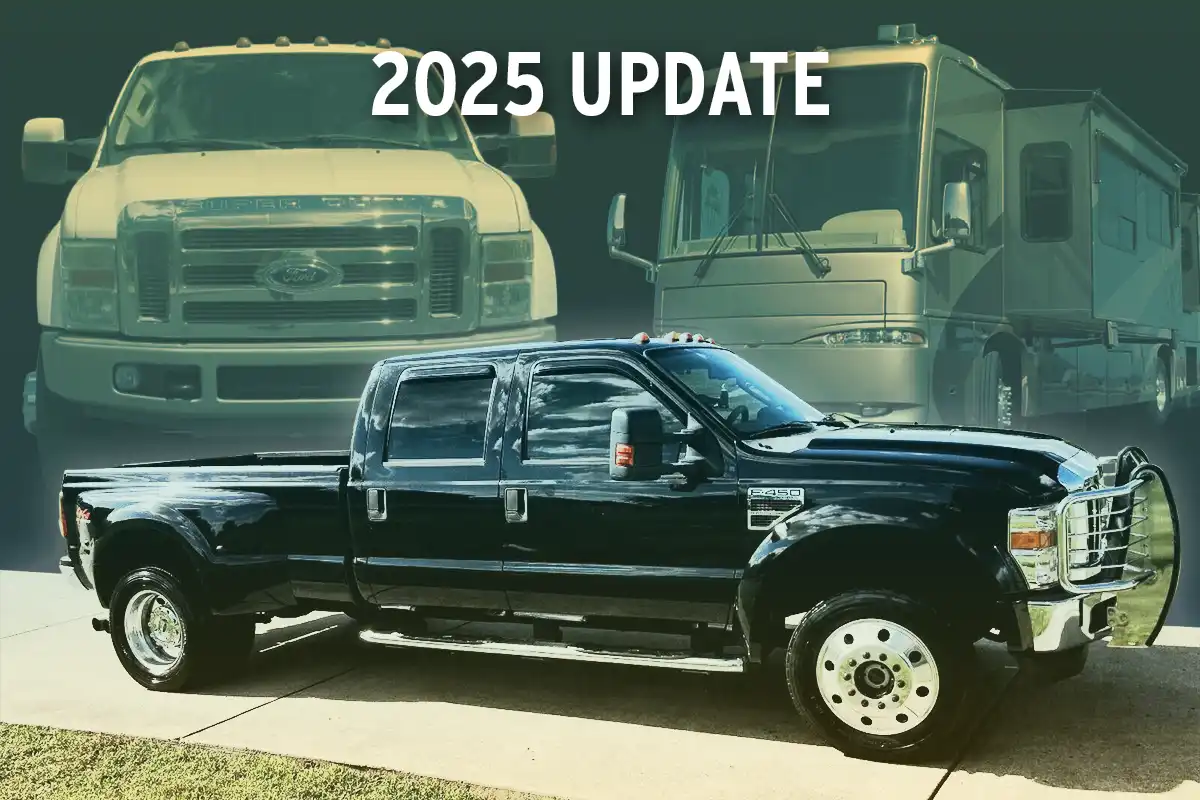
UPDATED FOR 2025-2026
Owning a diesel motorhome or a heavy-duty pickup in California is one of the great ways of exploring the state, from the Sierra peaks to the redwood forests. But for years, concerns about complex diesel regulations have caused confusion and panic.
You might have heard about the “Truck and Bus Regulation”—a rule that had many personal vehicle owners worried about expensive, mandatory upgrades.
Let’s clear the air. That old rule is no longer your primary concern…
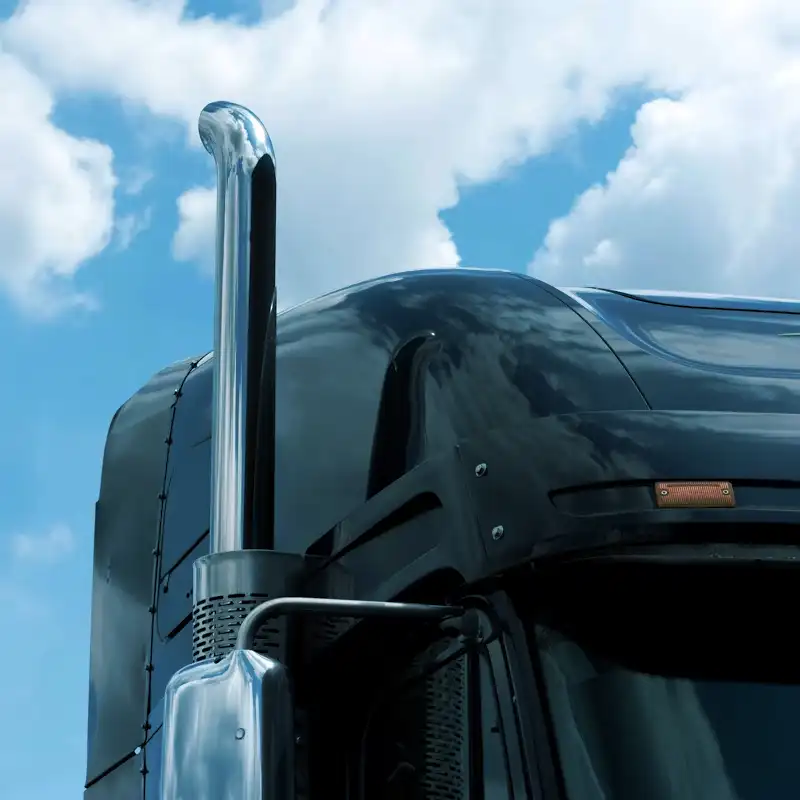
The regulations have evolved, and for most personal-use RV and pickup owners, the news is good. This article will guide you through what actually applies to you in 2025, 2026, and beyond, focusing on a number of key things you need to know.
While commercial trucks were being regulated, you were likely “spared” by exemptions to the old “Truck and Bus Regulation.” If you owned a diesel motorhome for personal use, you were exempt. If you owned a personal-use diesel pickup (like an F-450) to tow your RV, you were also likely exempt, as long as its Gross Vehicle Weight Rating (GVWR) was 19,500 lbs or less.
That specific exemption is now outdated.
A new regulation is in full effect, and it changes the compliance landscape for every owner of a heavy-duty diesel vehicle—personal or not. If you thought you were “exempt from CARB,” this is the most important article you’ll read all year.

The New Reality: The “Clean Truck Check” Program
The new regulation is a program called the Clean Truck Check (CTC), also known as the Heavy-Duty Inspection and Maintenance (HD I/M) program.
Think of it as the “smog check” for vehicles over 14,000 lbs GVWR. And here is the single most important fact you need to know:
The personal-use exemptions from the old “Truck and Bus Regulation” DO NOT apply to the new “Clean Truck Check” program.
This creates an “exemption catch” for owners who believe they are free from CARB rules. You may have been exempt from the old rule (which forced engine replacements), but you are NOT exempt from the new rule, which mandates periodic emissions testing, reporting, and fees.
This new rule applies to almost all non-gasoline vehicles with a GVWR over 14,000 pounds, and CARB’s own fact sheets explicitly state that this includes “personal vehicles” and “California registered motorhomes”.
What You Are Required to Do (Starting in 2025)
As of January 1, 2025, to legally operate your personal-use diesel motorhome or heavy-duty pickup in California and avoid DMV registration blocks, you must comply with the Clean Truck Check program.
Compliance involves three steps:
1. Report: You must create an account and report your vehicle in CARB’s official “Clean Truck Check Vehicle Inspection System” (CTC-VIS) database.
2. Pay: You must pay an annual compliance fee for each vehicle. For 2025, this fee is $31.18.
3. Test: You must submit passing emissions tests from a CARB-credentialed tester.
Not All Personal Vehicles Are Treated Equally
This is where the new rules get specific. While both RVs and pickups are subject to the program, their testing schedules are different.
-
For Personal Motorhome Owners: If you own a diesel motorhome registered in California for personal, non-commercial use, your vehicle is required to undergo emissions compliance testing ANNUALLY (once per year). Your compliance deadline is tied to your vehicle’s DMV registration date.
-
For Personal Pickup Owners: If you own a personal-use heavy-duty pickup (over 14,000 lbs GVWR), you fall into the default category. Your testing schedule is SEMI-ANNUAL (twice per year).
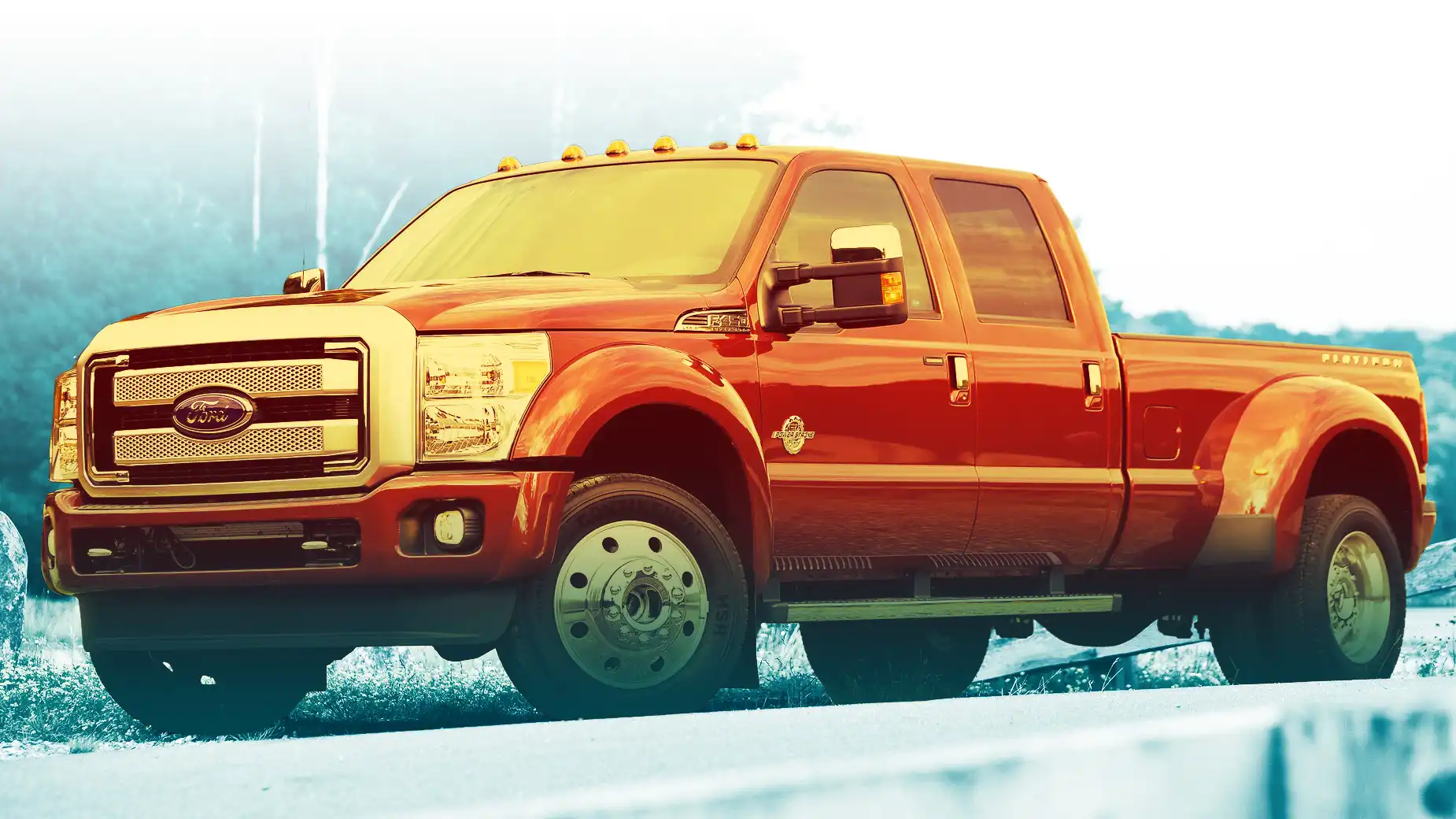
The “GVWR Catch”: A Warning for Some Heavy-Duty Pickup Owners
You might be wondering, “Wait, I know someone who was forced to replace their 2006 F-450 engine, but I wasn’t. Why?”
This is because the old Truck and Bus Regulation is still in effect and its exemption for pickups was very specific: it only applied to personal-use pickups with a GVWR of 19,500 lbs or less.
Many F-450s, F-550s, and other heavy-duty personal trucks have a GVWR over this limit.
-
If your personal pickup’s GVWR is over 19,500 lbs, you were never exempt from the old rule and must have a 2010 or newer engine to avoid a DMV registration block.
-
If your personal pickup’s GVWR is at or below 19,500 lbs, you are exempt from the engine replacement rule.
But in both cases, you are STILL subject to the new Clean Truck Check testing program.
Your 2026 CARB Compliance “Cheat Sheet”
This table summarizes the two different regulations and how they apply to you.
What to Do Next
For California owners of personal-use motorhomes and heavy-duty pickups, the regulatory landscape has finally simplified to some degree:
-
You are EXEMPT from the major fleet rules (ACF) that force vehicle replacements.
-
You MUST participate in the Clean Truck Check (CTC) program, which is essentially a heavy-duty smog check.
Your compliance journey for 2026 and beyond is no longer about fearing for your vehicle’s legality. It’s about maintenance.
That’s where we can help. While we aren’t CARB consultants, we are experts in diesel emissions systems. A well-maintained Diesel Particulate Filter (DPF) and emissions system is your key to passing the new periodic Clean Truck Checks, and you’ll be free to enjoy the open road.
For final verification on your vehicle’s status, we always recommend contacting CARB directly.
-
CARB Hotline: (866) 6DIESEL (866-634-3735)
-
CARB Website: ww2.arb.ca.gov

Frequently Asked Questions: CARB Compliance for RVs and Pickups
Q: I thought my personal diesel motorhome or pickup was exempt from CARB rules. Is that still true?
A: This is the most common point of confusion. You were likely exempt from the old “Truck and Bus Regulation,” which was the one that mandated costly engine replacements.
However, you are NOT exempt from the new “Clean Truck Check” program. This new rule requires nearly all personal-use diesel motorhomes and heavy-duty pickups (over 14,000 lbs GVWR) to undergo periodic emissions testing and pay an annual fee.
Q: What exactly is this “Clean Truck Check” (CTC) program?
A: The Clean Truck Check (also known as HD I/M) is essentially a “smog check” program for heavy-duty vehicles. It was put in place to make sure the emissions control systems on vehicles with a Gross Vehicle Weight Rating (GVWR) over 14,000 pounds are all working properly. It applies to almost all non-gasoline vehicles, which specifically includes personal vehicles and California-registered motorhomes.
Q: What was the old “Truck and Bus Regulation” then? Do I need to worry about it?
A: That was an older CARB rule that required commercial and government diesel fleets to be upgraded or replaced. Those deadlines have passed, and you no longer need to worry about it. It has been succeeded by newer rules, like the Advanced Clean Fleets (ACF) rule, which does not apply to personal-use vehicles.
Q: What does the Clean Truck Check require for my personal diesel motorhome?
A: If your non-gasoline motorhome is registered in California and has a GVWR over 14,000 lbs, you must:
-
Report your vehicle in CARB’s official CTC-VIS database.
-
Pay an annual compliance fee (e.g., $31.18 for 2025).
-
Submit a passing emissions test ANNUALLY (once per year).
Your compliance deadline is tied to your vehicle’s DMV registration date.
Q: What are the Clean Truck Check rules for my personal heavy-duty pickup (like an F-450)?
A: If your personal-use pickup (like an F-450 or F-550) has a GVWR over 14,000 lbs, you must also report it to the CTC-VIS database and pay the annual fee.
However, the rules for pickups are different from motorhomes. Personal pickups fall into the default testing category, which requires SEMI-ANNUAL (twice-yearly) emissions compliance testing.
Q: My pre-2010 personal pickup has a GVWR of 19,500 lbs or less. Do I still need to replace the engine?
A: No. You are correct that the old “Truck and Bus Regulation” had a specific exemption for personal-use trucks at or below this weight. This exemption saves you from the engine replacement mandate.
However, this old exemption does not apply to the new Clean Truck Check program. You are still required to comply with the new semi-annual (twice-yearly) testing and annual fee requirements.
Q: What about my pre-2010 personal pickup that is over 19,500 lbs GVWR?
A: This is a critical distinction. The personal pickup exemption only applied to vehicles at or below 19,500 lbs GVWR. If your personal truck’s GVWR is over that limit, you are NOT exempt from the old “Truck and Bus Regulation.” Your vehicle must have a 2010 or newer engine model year to be compliant and avoid a DMV registration block. On top of that, you are also subject to the semi-annual testing and fee requirements of the new Clean Truck Check program.
Q: I have a diesel F-250. Do these rules apply to me?
A: It all depends on your truck’s Gross Vehicle Weight Rating (GVWR). Most F-250s have a GVWR under 14,000 lbs. If this is the case, your truck is considered “medium-duty” and is subject to the standard California Smog Check program, not the heavy-duty Clean Truck Check. Always check the sticker on your driver’s side door jamb to confirm your GVWR.
Q: Am I going to be forced to sell my diesel motorhome in California?
A: No. Personal-use motorhomes are exempt from the fleet rules (like the Advanced Clean Fleets regulation) that require vehicle replacements. You will not be forced to sell your motorhome or replace its engine due to these rules. You just have to comply with the new annual testing and fee.
Q: When did this new Clean Truck Check testing start?
A: The requirement to submit passing emissions tests for compliance began on January 1, 2025. Your specific deadline corresponds to your DMV registration date and can be found in your CTC-VIS account.
Q: I own a heavy-duty pickup or RV. How do I get the new California Clean Truck Check test?
A: The new Clean Truck Check testing rules are in effect. The specific test you need depends on your engine.
-
Newer Vehicles: If you have a diesel (2013 engine or newer) or alternative fuel (2018 engine or newer), your vehicle needs a simple computer scan called an OBD test.
-
Older Vehicles: If you have an older diesel (2012 engine or older), you need a smoke opacity test plus a visual inspection.
Tests must be performed by a CARB-approved “Credentialed Tester”. You can find a list of testers on the official CARB website, or you can use a service provider like DES, which offers credentialed testing at its locations in Sacramento and Redding.
Q: Who can I contact at CARB for official clarification?
A: For the most accurate information regarding your specific vehicle, you should contact CARB directly.
-
-
CARB Hotline: (866) 6DIESEL (866-634-3735)
-
CARB Website: ww2.arb.ca.gov
-
Common Abbreviations:
-
ACF: Advanced Clean Fleets. A CARB regulation focused on pushing commercial and government fleets toward zero-emission vehicles.
-
CARB: California Air Resources Board. The state agency responsible for air quality and emissions regulations.
-
CCR: California Code of Regulations. The official compilation of all state agency rules.
-
CTC: Clean Truck Check. The common name for the Heavy-Duty Inspection and Maintenance (HD I/M) program.
-
DMV: Department of Motor Vehicles.
-
EMY: Engine Model Year.
-
GVWR: Gross Vehicle Weight Rating. The maximum operating weight of a vehicle, including the vehicle itself, passengers, and all cargo.
-
HD I/M: Heavy-Duty Inspection and Maintenance. The official name for the Clean Truck Check program.
-
NCT: Non-Commercial Truck. A DMV classification for certain pickup trucks.
-
OBD: On-Board Diagnostics. The computer system in your vehicle that monitors its performance, including emissions.
-
RV: Recreational Vehicle.
-
VIS: Vehicle Inspection System. The online database used for the Clean Truck Check program (CTC-VIS).
Disclaimer: Employees at Diesel Emissions Service (DES) are not CARB consultants. All information in this article is for informational purposes only. It is the sole responsibility of the vehicle owner to ensure compliance with all CARB regulations. Always check with CARB directly before making final decisions.
DES can help you.
DES has experienced, CARB-certified technicians and the proper testing equipment to perform this service quickly at these 2 locations:
Diesel Emissions Services (DES) has the expertise, diesel technicians, and facilities to service your aftertreatment systems successfully.
Most of our locations feature a complete DPF Cleaning facility, aftertreatment diagnostic/testing, and a full inventory of aftertreatment parts for quick servicing of your emissions system.
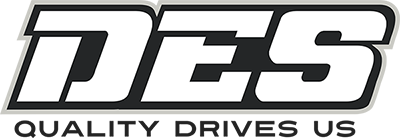
We hope you found this article helpful. At DES, we believe in putting out educational and informative content to not only our customers but for the general industry to grow and benefit from.
To share this article, use one of the social media icons above.
